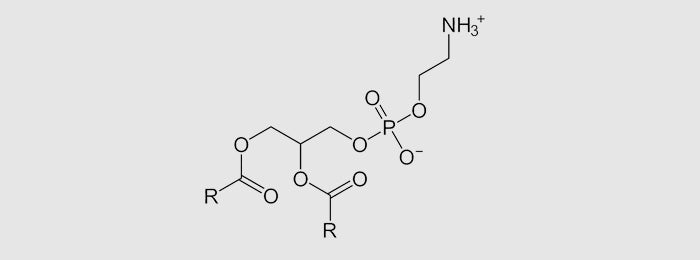Best known for its role in healthy cognitive function, research suggests that phosphatidylserine (PS) also supports a healthy stress response by helping to maintain cortisol levels within the normal range.*
Cortisol, often referred to as the “stress hormone,” is produced by the adrenal cortex as a response to physical and mental stress. An increase in cortisol boosts mental alertness and raises heart rate, blood pressure and blood sugar, triggering the well-known “flight or fight” response. While this response serves us well in times of crisis, increased or prolonged exposure to stress can undermine good health says Carnegie Mellon University psychologist Sheldon Cohen in a review of scientific literature which appeared in the Journal of the American Medical Association.
A series of clinical studies have found that taking supplemental PS reduces serum adrenocorticotropin (ACTH) and cortisol levels, as well as salivary cortisol levels following mental stress.* Derived from soy or sunflower lecithin, PS has also been found to blunt the effects of physical stress by decreasing blood levels of ACTH and cortisol as well as two other stress hormones, epinephrine and norepinephrine.*
A series of clinical studies have found that taking supplemental PS (400 mg - 800 mg/d) may support healthy cortisol levels and modulate some of the physiological changes that occur in the presence of stress.*
REFERENCES
Cohen S et al JAMA. 2007;298(14):1685-1687.
Hellhammer J et al. Stress. 2004;7(2):119-26.
Monteleone P et al. Eur J Clin Pharmacol. 1992;42(4):385-8.


